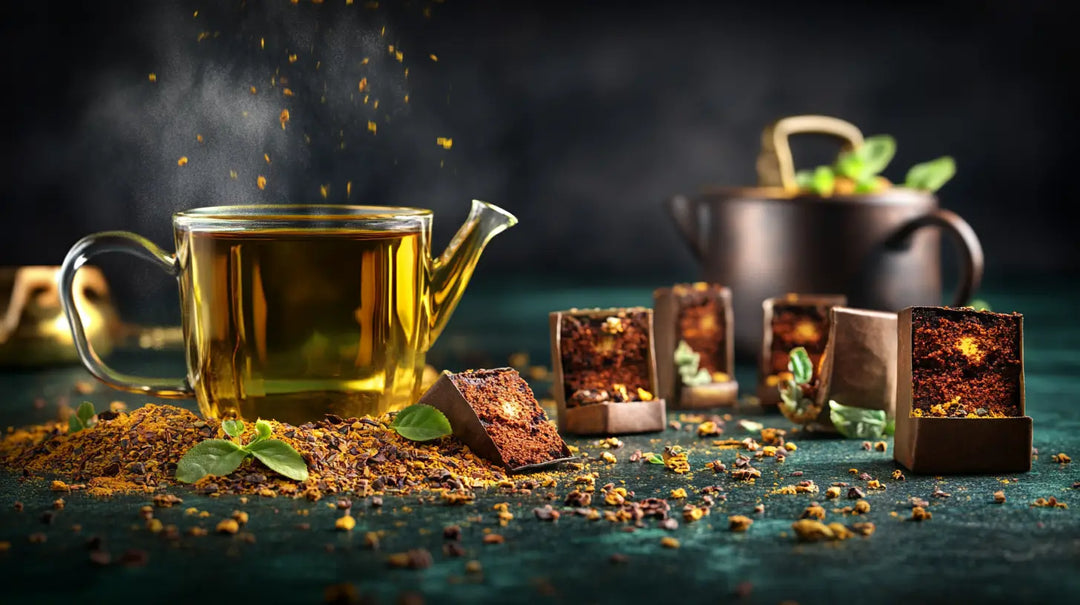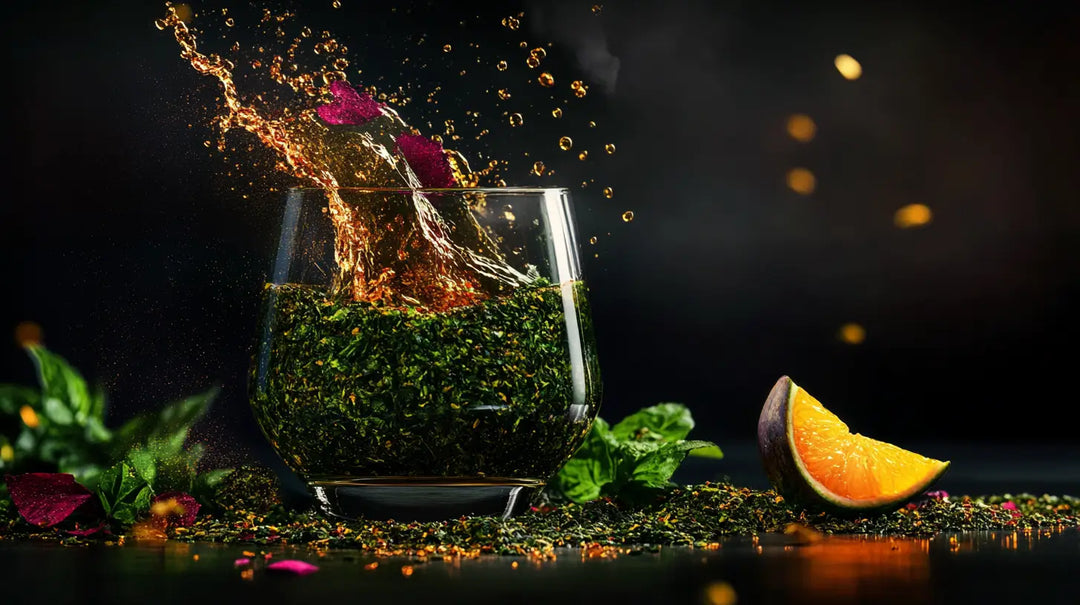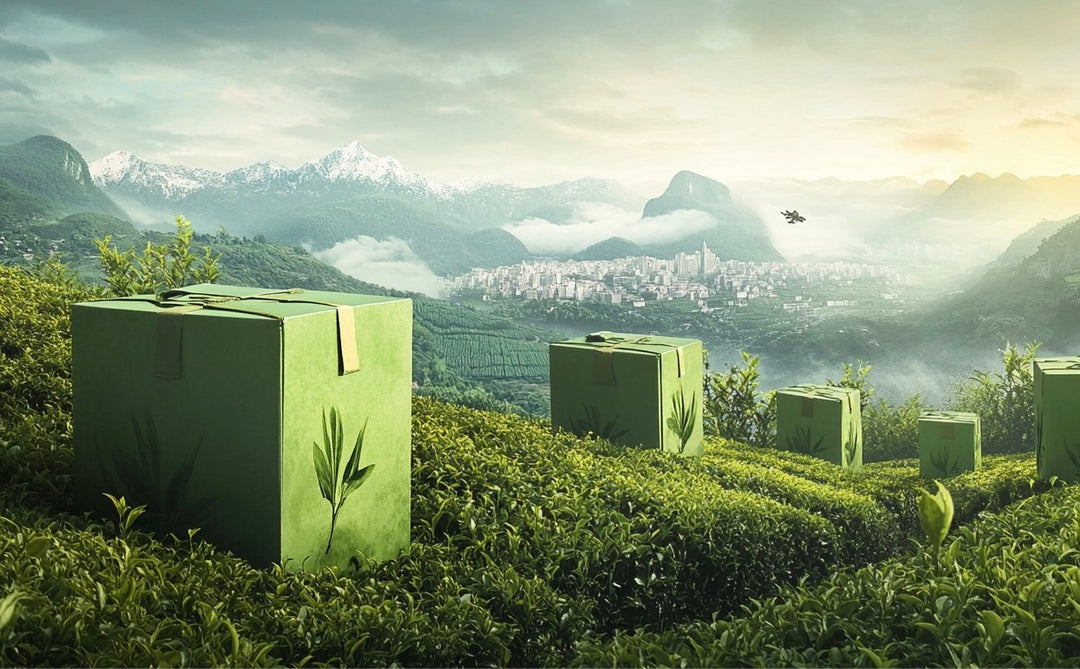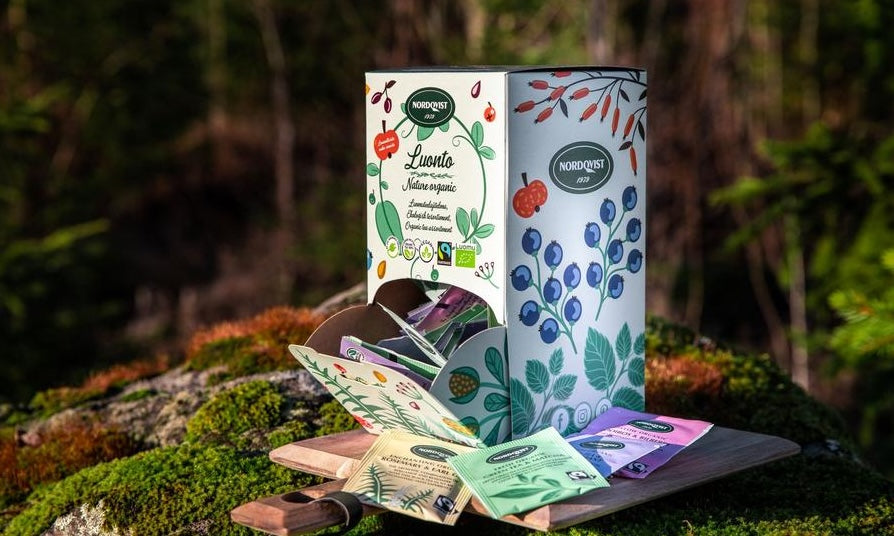Ceylon Tea: A Journey Through Flavors
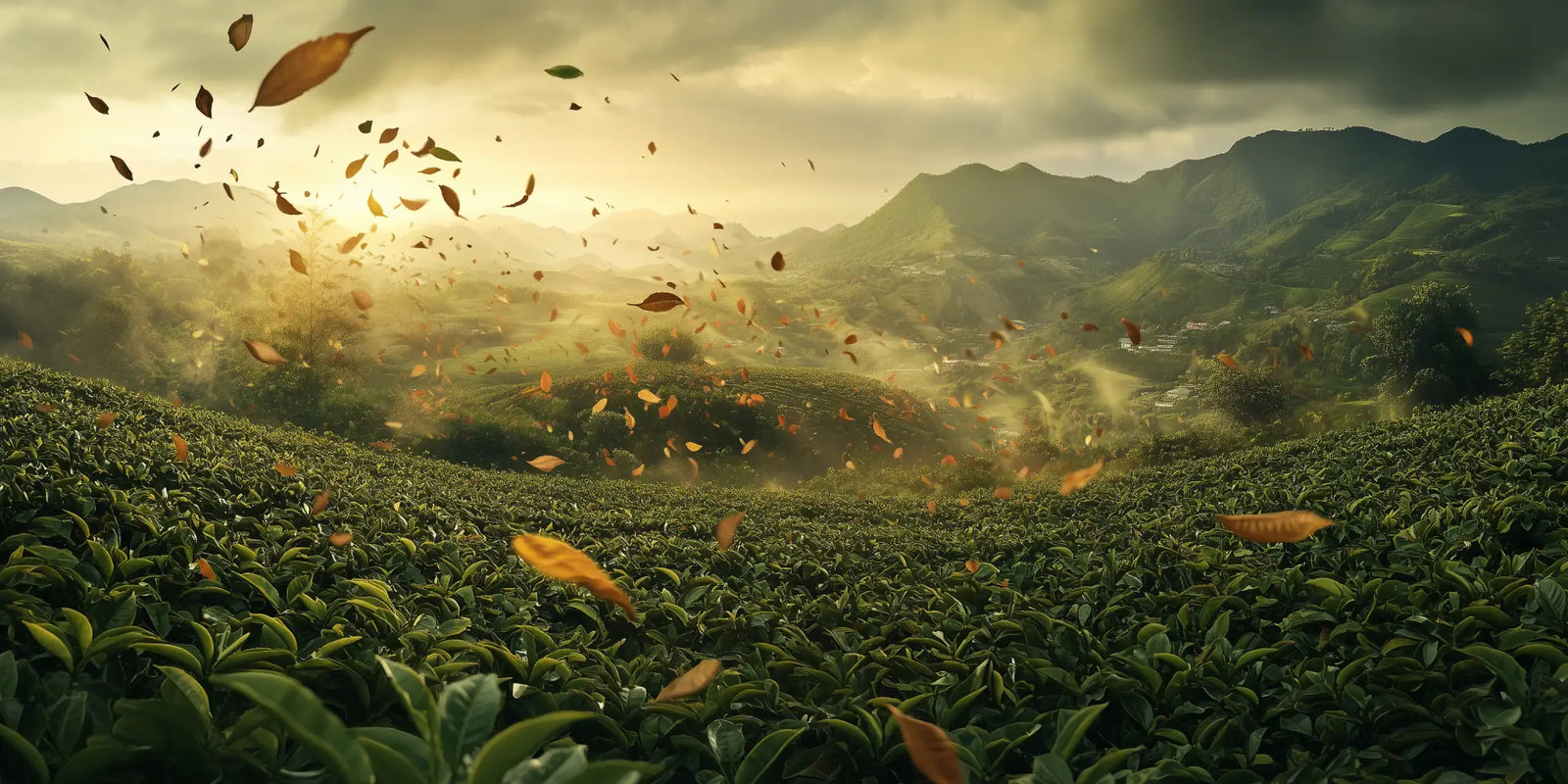
Ceylon Tea, produced in Sri Lanka, is renowned worldwide for its diverse and complex flavor profiles.
The unique geography and climate of the island contribute to creating teas with distinct characteristics, offering a rich tapestry of tastes for tea enthusiasts to explore. Brands like Nordqvist offer excellent Ceylon teas that showcase these qualities.
Regional Flavor Profiles
Sri Lanka's varied terrain produces teas with markedly different flavor profiles based on the growing region:
- Nuwara Eliya (High-grown): Delicate, light-bodied with citrusy overtones; pale golden liquor. Nordqvist's Classic Ceylon OP Nuwara Eliya 80g exemplifies these characteristics.
- Dimbula (High-grown): Refreshing and mellow with hints of jasmine; golden-orange hue
- Uva (High-grown): Smooth with woody undertones and a sweet finish; bright amber color
- Kandy (Mid-grown): Full-bodied and strong with hints of chocolate; deep, rich amber
- Ruhuna (Low-grown): Strong and full-flavored with caramel sweetness; dark reddish-brown liquor
The altitude of these regions plays a crucial role in developing the tea's flavor. High-grown teas tend to be more delicate and nuanced, while low-grown varieties offer bolder, more robust flavors.
Varieties and Their Flavor Characteristics
Ceylon Tea is produced in several varieties, each offering a unique flavor profile:
- Black Tea: Bold and full-bodied with flavors ranging from citrusy to chocolatey. Nordqvist's Ceylon Loose Leaf tea is an excellent example of high-quality Ceylon black tea.
- Green Tea: Light and refreshing with grassy notes and a slight astringency
- White Tea: Delicate with light floral notes and a honey-like sweetness
- Oolong Tea: Complex, balancing qualities of black and green teas, with flavors from light and floral to rich and woody
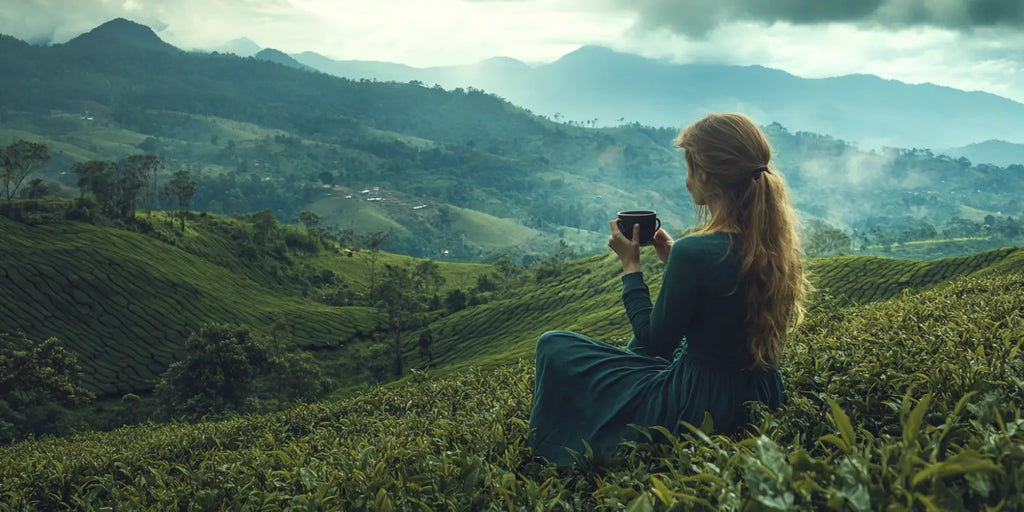
Brewing for Optimal Flavor
The brewing process significantly impacts the final flavor of Ceylon Tea. Here are some guidelines for optimal brewing:
- Black Tea: 95-100°C water, steep for 3-5 minutes
- Green Tea: 70-80°C water, steep for 2-3 minutes
- White Tea: 65-70°C water, steep for 1-3 minutes
- Oolong Tea: 80-90°C water, steep for 2-5 minutes
Generally, use about 2-3 grams of tea per 200ml of water, but feel free to adjust to your taste preferences. High-quality loose leaf teas, like those offered by Nordqvist, allow for easy adjustment of strength to suit your palate.
Factors Affecting Flavor
Several factors contribute to the unique flavors of Ceylon Tea:
- Altitude: Higher altitudes generally produce more delicate flavors
- Seasonal Changes: Rainfall and temperature variations affect flavor profiles
- Processing Methods: Oxidation levels and processing techniques influence final taste
- Soil Composition: Mineral content in soil contributes to subtle flavor variations
Pairing Ceylon Tea
The diverse flavor profiles of Ceylon Tea make it versatile for pairing with food:
- Light, high-grown teas (such as Nordqvist's Nuwara Eliya): Pair with delicate pastries and fruits
- Full-bodied, low-grown teas: Complement hearty foods and dark chocolate
- Green Ceylon teas: Excellent with light salads and seafood
- Oolong varieties: Pair well with semi-soft cheeses and nuts
Exploring the world of Ceylon Tea offers a rich tapestry of flavors, from the light and floral notes of high-grown varieties to the rich, full-bodied tastes of low-grown teas. By understanding the nuances of each variety and optimizing brewing techniques, tea enthusiasts can fully appreciate the complex and diverse flavors that Ceylon Tea has to offer.
Whether you're trying Nordqvist's Classic Ceylon OP Nuwara Eliya or the Ceylon Loose Leaf tea, each cup is an opportunity to experience the unique terroir of Sri Lanka, captured in the leaves of this remarkable tea.




